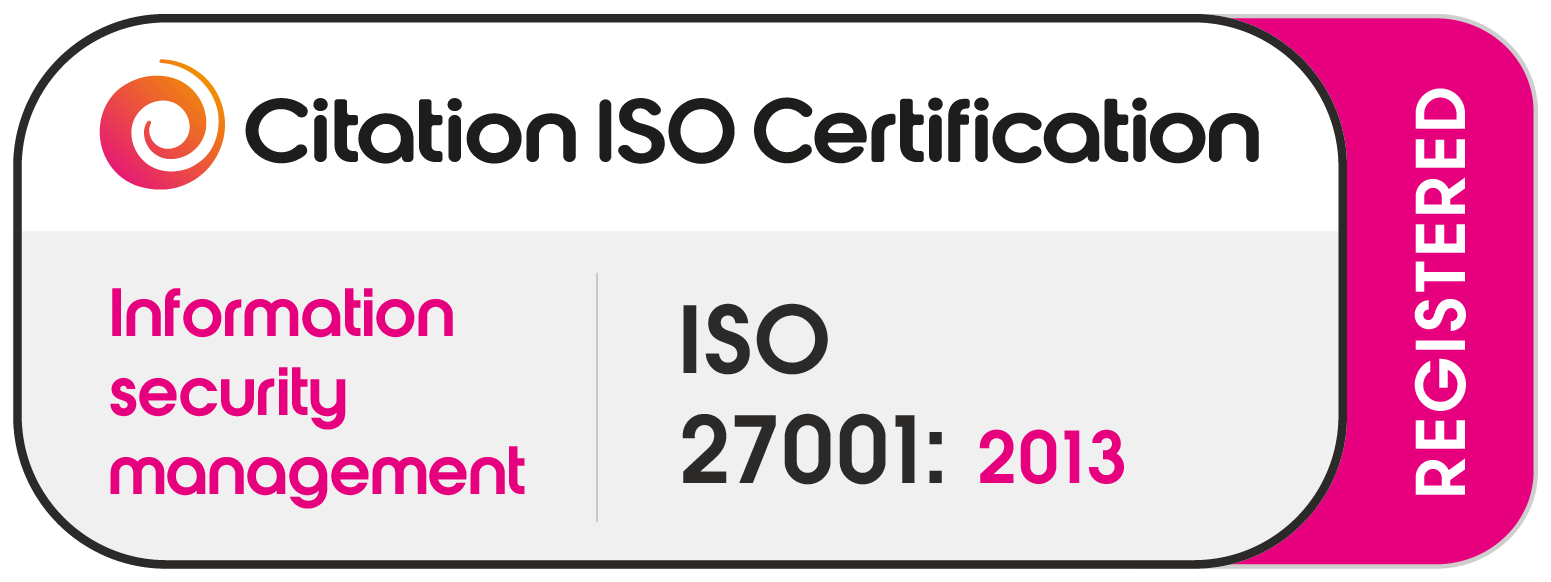Fatigued Or Lethargic, Lethargy is different to fatigue, especially when it comes to lockdown.
Face it. We are all sick of video calls. I don’t have to explain why we’re feeling fatigued or the benefits of WFH. You’ve been working WFH for long enough to work out the pros n cons. There are a plethora of articles on lockdown fatigue.
With uncertainty and new variants abound, mixed-messaging and ‘ghost’ or shell companies still in operation, it’s no wonder we’ve been finding it difficult to make plans.
Unable to plan too far ahead, for most, the horizon is a few weeks, and the perimeter of adventure is a trip to the park. ‘Lockdown lethargy’ might describe that undercurrent that’s preventing us from being ‘us’. Lethargy in this context is not planning to do something.
Unable to commit to the social, vacation and human times that keep us sane.
Lockdown lethargy seems to be impacting everything. I only see it from the lens of our practices. Sod it. If I can’t plan too far ahead, let’s review the past month:
PEOPLE
TRUST
I’ve been posting about the pros and cons of employing and managing ‘Brilliant Jerks‘ and how the value of an investment is related to the People, not necessarily the product. Partly to stimulate conversation and response, but primarily due to the impact on our teams.
A casualty from the pandemic appears to be team health, in particular trust. A healthy team needs to both communicate well AND express healthy conflict. But conflict is damned challenging to manage and impossible to resolve if the parties involved can’t meet in person to resolve their issues.
The problem is teams are waiting until things return to normal. (Lockdown) Lethargy cannot be allowed to rule here! If bridges have been broken, they must make an effort to meet in person and amend.
Noting this has always been a challenge for global teams. So this Harvard Business Review article has some handy tips on addressing these problems in virtual teams. But note my main observation, if trust is breaking, don’t wait for things to be over to handle it.
VALUES
The pandemic is an excellent opportunity to re-evaluate our values. What we’re doing. Who for. And why?
But more than pure re-evaluation, it’s time to record those values. I mean, write them down. Many strive for survival in old roles or companies; maybe instead, it’s time to pivot and re-align ourselves and get us into a flow with something we enjoy doing.
Sounds a bit fluffy; I get it.
But ‘The Value of You‘ was the subject I took on for a conference.

Rather than talk ‘at’ the audience, I asked them to tell me how they were doing? For them, to be honest. Have things been prosperous or challenging? Pretty much all of the responses were “Rollercoaster“. I was surprised with this result; I thought it’d be a mixed bag. And the organisers were amazed that people were showing their vulnerability before I’d even introduced myself. (So was I!)
Talking with a bunch of strangers confirmed my observations that our values are being challenged at work, and no one ever studies or records their personal values. Even when people agreed they need to do this work, the lockdown lethargy set in. We’ll leave it until things return to normal. No, this is the time to spend on it now, get those values recorded.
Something I urged people to do, as we worked interactively together to document them on the fly.
It turns out, getting data about how people/employees align to their company values is challenging. But this talk demanded data, and the product OfficeVibe has some interesting results.
If this talk confirmed a value for me. It was this. I hate online conferences.
IT DUE DILIGENCE
The investor market is healthy and active, for sure. It is allowing us to work with many more’ edge cases’ in terms of technology. From Artificial Intelligence / Machine Learning based property technology businesses to virtual reality-based conferencing and various health-related companies.
Companies are maximising the opportunity to be part of the digital rush since the pandemic began.
Many of the new target businesses run on the public cloud. So the ‘legacy’ set of investor’s questions and concerns (usually about scalability and robustness) are not as key as they were; as long as the systems are configured correctly and not costing the earth, then a different concern is becoming more of a trend.
That trend is security.
To the point, that tech DD is often split 50% assessing the technology and the other 50% focused on security (or more likely, the lack of it). The tech stack might scale beautifully, but the more significant customers are becoming more stringent with their security standards.
We used to say that technology never seems to stop an investment from proceeding. There’s always a way around any ‘red flags’ uncovered in DD.
This isn’t the case any more. For instance, we need to be considering how personal and customer data is being processed. We’ve seen a lack of GDPR-standard controls (not compliance) seriously delay deals.
Safe to say, security is high on the agenda/assessment criteria.
Simply put, security basics are not being addressed. Teams are not keeping software up to date, investing in penetration testing or considering how data is managed. All three areas are probably the first things to address before an external assessment. It will help turn a few red flags to green.
For example, the recent British Airways were fined £20m by the ICO for a GDPR data breach. Reading into the ICO report, enabling technology controls in existing technology would have avoided this.
Why aren’t people enabling what’s already there? I’d love to link it to lockdown lethargy. Technology evolves. Things become complicated. Usually, other things to grow the business take priority.
IN CASE YOU MISSED IT
To sum up. As I write this, I’m Interested to see the EU is proposing strict regulation on the use of AI. Maybe they are listening. Ultimately people are looking for security.
Feeling secure and certain.
That’s the way to eliminate the lethargy. Locked-down, or not.






